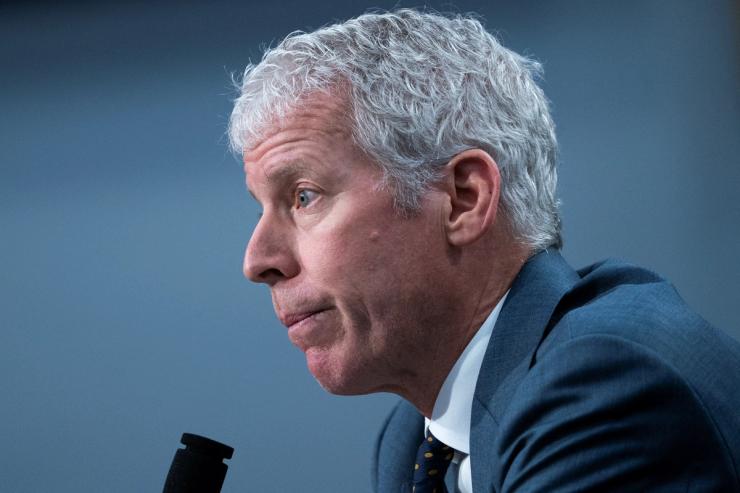The Scoop
The US Department of Energy plans to cancel seven major loans and loan guarantees that had been conditionally approved under the Biden administration, according to a former DOE official close to the process.
The list includes two projects that were still scheduled for completion by their sponsors, including a transmission project by a New Jersey utility, and a factory to produce low-carbon ammonia by Monolith Nebraska. Both companies did not immediately return requests for comment.
For a third project, a loan guarantee program for low-income homeowners to install rooftop solar panels by Sunnova, the company said in its March 10K filing that it planned to no longer make use of the program and has been in talks with DOE about how to “de-obligate” the remaining guarantees, totaling nearly $3 billion.
The other four projects were already previously cancelled by their companies because of other various headwinds: Battery factories for Redwood Materials, Aspen Aerogels, and KORE Power, and a plastics recycling facility by International Recycling Group.
Altogether, the seven cancellations amount to $8.45 billion. Asked to comment, a DOE spokesperson said: “No decisions have been made on any of these loans.”
In this article:
Tim’s view
The DOE’s Loan Programs Office has long been a political lightning rod, a $400 billion war chest for cutting-edge clean tech projects that need help crossing from concept to commercialization. It has produced such notable successes as Tesla, and notable failures as Solyndra. And it was clear since President Donald Trump won reelection that the roughly $41 billion in conditional commitments left dangling when Biden left office were at grave risk. In that context, $8.45 billion isn’t as deep of a cut as one might have expected, especially since most of the projects were already dead.
But it’s revealing that the administration would let these projects — most of which are in sectors where the US is already far behind China — fall by the wayside, rather than take steps to prop them up. The expectation of unsteady support for clean energy under Trump and the Republican-led Congress was very likely a contributing factor to these companies’ project cancellations to begin with: that most of these projects are linked to either EVs or solar puts DOE policy roughly in line with House Republicans, who have turned particularly harshly against tax credits for those industries. But at the same time, the policies are in tension: Congress is working to significantly raise the domestic content requirements for EVs and clean tech to qualify for tax credits; now, LPO is making it harder for those requirements to be met.
Room for Disagreement
At least one of the newly-cancelled projects was already on life support: The Wall Street Journal reported in September that Monolith was running out of cash and struggling to meet the minimum production requirements for its loan. So it’s possible that some of the cancellations were really just the result of bad books.
Notable
- The DOE is also reviewing whether to cut other clean tech programs outside LPO. One of these is a steel factory in Ohio that originally planned to use federal funding to switch from coal to hydrogen, but now is considering “readily available and more economical fossil fuels” to “better align with the administration’s energy priorities,” Heatmap reported.


